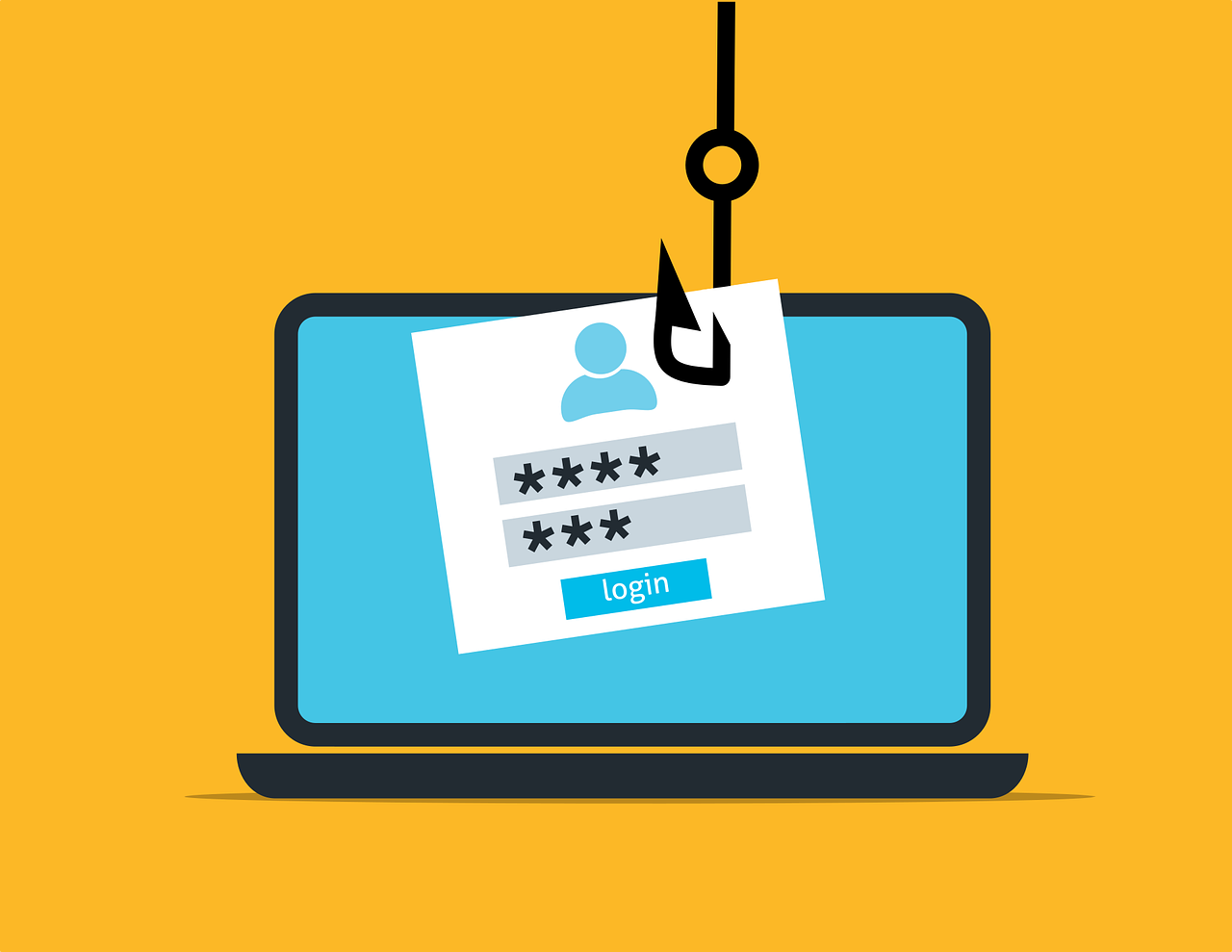There was a time when knowing how to craft a handwritten letter was the key for communication in everything from relationships to business transactions. Time progressed and handwritten script was replaced by fonts and faxes. Now we are in the next evolution of correspondence, where the majority of business is conducted through email. However, the basics of good correspondence etiquette has not changed, especially in the business world.
Let’s review a few basic steps that will increase your business email’s effectiveness.
Step 1: Clear your inbox
Your computer is your virtual desk, and nobody likes a messy desk. An inbox full of emails and spam detracts from your ability to quickly find and respond to incoming messages. Create folders for your emails so you can keep your “desk” clutter free. File by priority, companies you regularly corresponded with, or even alphabetically by company or respondent name. The goal is to have as few messages in your inbox as possible. Read the message, respond if a response is required, and file it away.
Unsubscribe from newsletters, spam and unwanted emails to prevent them from cluttering up your inbox.
Take things one step further and use rules to manage your incoming messages.
Step 2: What are you talking about?
Each message you send should have a clear purpose and message. Nobody enjoys long emails. If you need to express something in-depth, schedule a meeting or a phone call.
Let the recipient know what the email is about by having a clear subject line. If the message requires a quick response, preface your subject line with the word: “urgent”. However, make sure it is truly urgent. A slew of emails from you constantly marked urgent is a great way to get frequently ignored.
Stick to the facts in your message. Emails are not the place for heart-to-heart emotional speeches, ramblings, or stories to back up what you want to say. Email is for quick and direct communication.
Step 3: Watch your tone
Email robs you of the benefit of body language, so exercise caution in how you handle sensitive information and humor. Words on a page without eyes that show expression, hands that do air quotes and a demeanor that is relaxed can quickly go from a joke to a something hurtful or distressing.
Step 4: Language
In the latest blockbuster Avenger’s movie, Tony Stark/Iron Man lets a swear word slip in the midst of battle and the ever-upstanding Captain America immediately admonishes him to watch his language. While amusing in the context of the movie, Cap was right. When on the job, you have to watch your language. Strong words have their place (hammer meets thumb, bare foot meets Lego….) but business correspondence is never the place to let four letter words fly. As for racist or sexist comments, those have no place in your business – or any – correspondence, even if you are “joking”. Unsavory jokes like that can quickly get you fired, cause you to lose contracts or subject you to litigation.
Step 5: Spelling and grammar
The emails you create represent your business. Careless spelling and poor grammar give you, and your business, a poor image. Take the time to use spell check and re-read everything you write before you hit send.
Step 6: Angry? Walk it off, don’t type it out
Once you hit the send button, there is no going back. Email is not the place to vent, rant or make your point if you are angry. If you are upset about something, take some time to cool off. You can still send a firm email, but make sure you are factual, not emotional, when sending it and if the situation is truly dire, have the conversation in person or over the phone.
Written correspondence will always be an integral part of how we do business. The mediums may change, but the impact of our words, written, typed, Skyped or transcribed, will always need to be clear, clean and concise in order to be effective.
You know what else needs to be clear and concise? Your accounting records. Daily bookkeeping, proper tax accounting and attention to things like capital gains and government programs for entrepreneurs are vital to your business. Let AF Accounting help.











